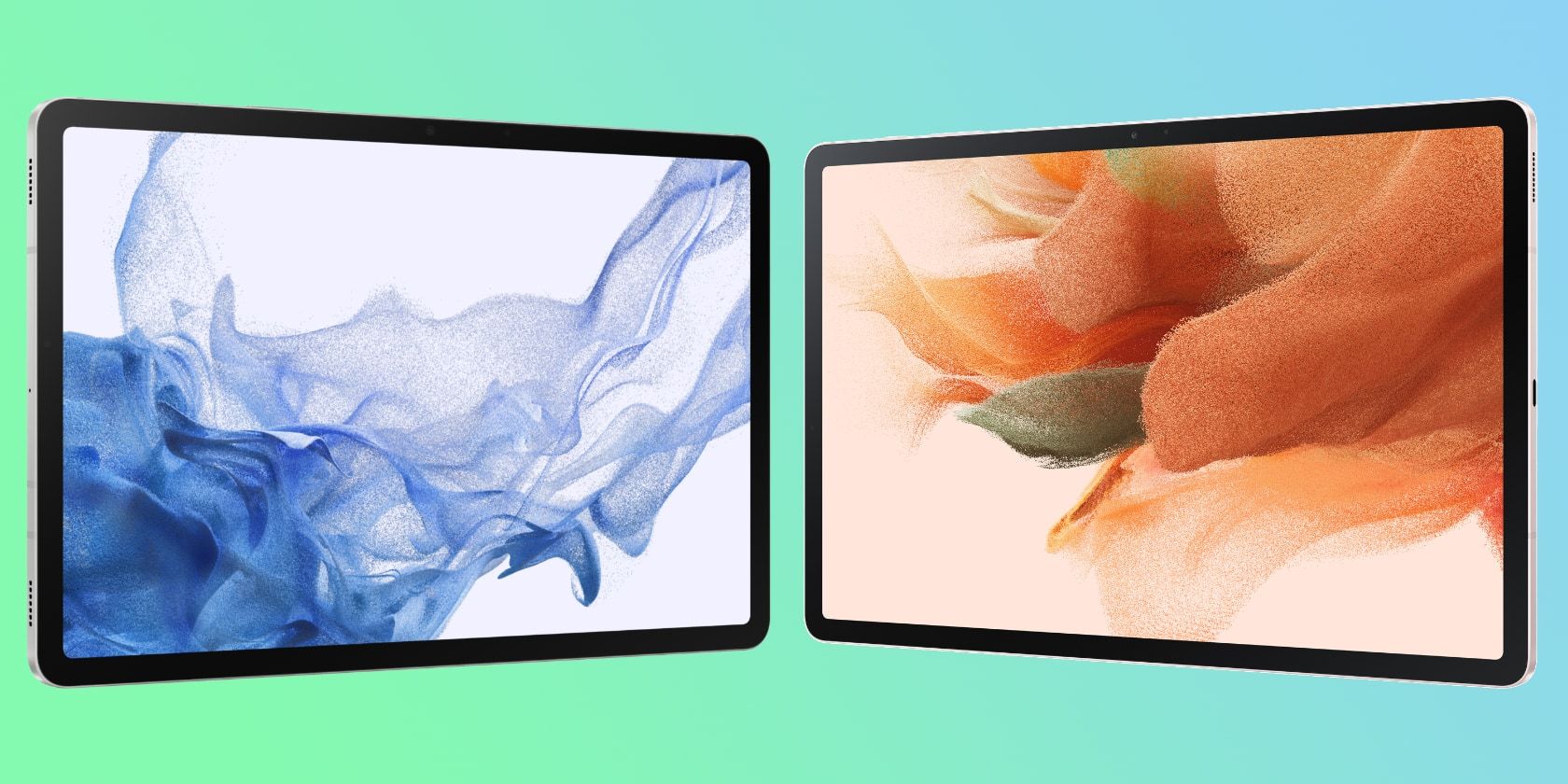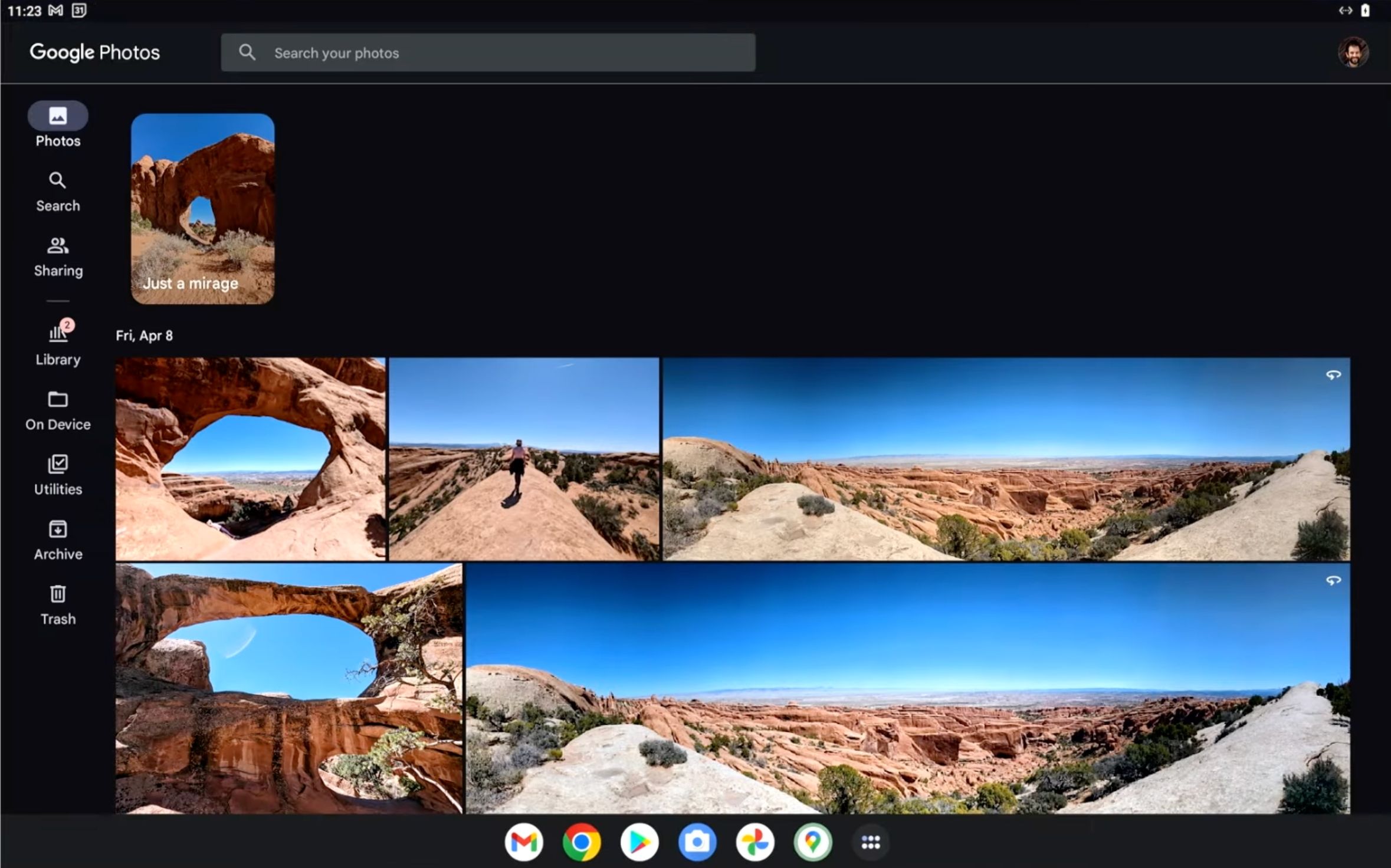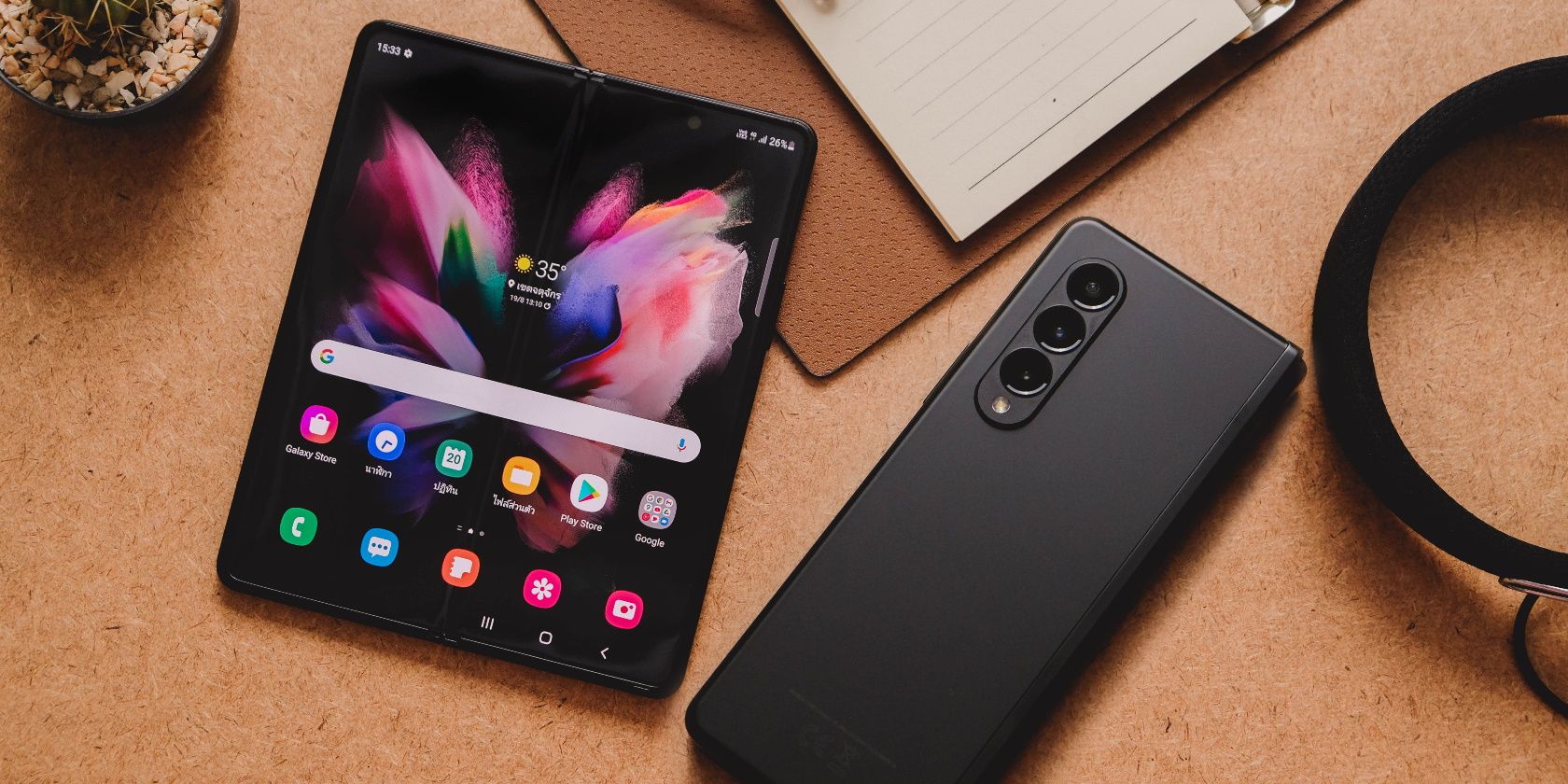Android tablets have a rough past, and despite several attempts by Google and other manufacturers to make them great, the Android side of these large screen devices is still lurking behind Apple and its game-changing iPads. However, several indications point to a renewed interest in Android tablets, spearheaded by Google.
Could this indicate that Android tablets are about to make a comeback?
Google's Renewed Interest in the Android Tablet Market
Google has renewed its interest in making tablets attractive to consumers who want more screen real estate and practical multitasking ability, unlike what can be achieved on regular smartphones. Since 2021, Google has shown a massive interest in making tablets amazing from a software point of view.
But it didn't stop there. Here are three key pointers that showcase Google's renewed interest in tablets.
1. Android 12L Feature Drop
Google's first step in its renewed interest was the launch of Android 12L in October 2021 as a feature drop. In Android 12L, Google added several tweaks to make the software more friendly to large-screen Android devices ranging from tablets to ChromeOS to foldables.
In other words, Android 12L targeted any Android device with a screen of above 600dpi. However, Android 12L still enjoys the best features of Android 12.
2. Android 13's Tablet-Focused Features
Building on Android 12L, Android 13 is also making it a priority to improve the tablet experience. There are various ways Google is planning to make Android better on tablets. Some of the new features include drag and drop support, split-screen functionality, and a persistent taskbar.
Undoubtedly, a lousy software experience has even held back the best Android tablets from going mainstream, preventing them from fairly competing with Apple's iPad, or even being considered capable competitors.
3. Google Is Working on a Pixel Tablet
After reigniting its tablet interest with Android 12L and Android 13, Google is not stopping at the software level. The company is also working on a Pixel tablet slated to hit the shelves come 2023.
And as one of the biggest reveals at Google's 2022 I/O keynote, the Pixel tablet marks the return of Google to the tablet market, which, according to research firm IDC, recorded solid growth in 2021 despite a slump in shipments in the final quarter of the year.
The Pixel tablet will be a first after the company ditched the tablet market. It plans to introduce more models in the future. Here's everything we know about Google's Pixel tablet.
Foldables Are Making Tablets Interesting
Believe it or not, the story of tablets is also entangled with foldables. Folding devices like Samsung's Galaxy Z Fold series and Oppo's Find N are simply tablets that can fold into a minor form.
Compared to regular tablets, foldable phones give you more freedom by allowing you to use the device on full screen, which is useful when watching the latest episode of your favorite sitcom on Netflix or taking notes while watching a tutorial on YouTube.
And when you want to use your device in a phone-like form factor, you fold it closed. Take the Galaxy Z Fold 3 as an example. It boasts two displays, a main 7.6-inch panel and a smaller but sizable 6.2-inch panel. Foldables give tablets a fresh and refined finish that couldn't otherwise be achieved with a standard form factor, making them more attractive.
And the increased focus on folding phones in future makes it even more important that the Android operating system, and the apps that run on it, are properly optimized for big-screen devices.
Android Tablets Have a Long Way to Go
Regardless of Google's renewed interest in tablet software and hardware and Samsung's push to make foldables mainstream, Android tablets still have a long way to go. The iPad is miles ahead and keeps improving with every new software and hardware update.
While the iPad's incremental changes might look insignificant when announced, they add to a fantastic mid- and long-term experience. The iPad's secret to success has made the device appealing to educators, students, and even the mainstream consumer. But as long as software and hardware continue to be refined, Android tablets have a chance to redeem themselves.



